Sign up for weekly new releases, exclusive access to live debates, and Open to Debate’s educational newsletters.
- Debates
Features
Topics
Upcoming debates
-
-
-
Trump’s First 100 Days. Five Debaters. Three Questions.
Open to Debate, in partnership with Bloomberg, is taking a closer look at President Trump’s economic agenda during the first 100 days of his second term, which has already impacted business owners, Wall Street, and global supply chains. Americans have questions — and we seek to answer them in our “Unresolved” format. Five renowned economists from across the political spectrum joined us at Bloomberg’s headquarters in New York City, where we asked the following questions:- Can Tariffs Be Part of a Winning U.S. Strategy?
- Is Deregulation Good for Growth?
- Could the President's "Medicine" Mean A Recession?
Friday, May 9, 2025
-
- Insights
- About
-

SUPPORT OPEN-MINDED DEBATE
Help us bring debate to communities and classrooms across the nation.
Donate
- Header Bottom







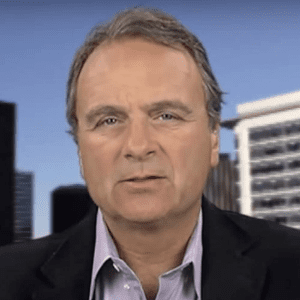
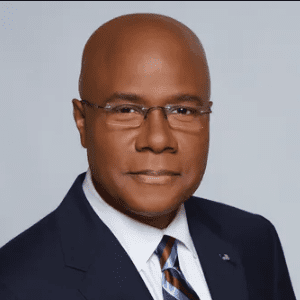
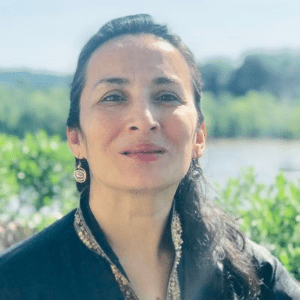
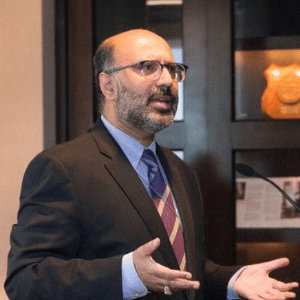
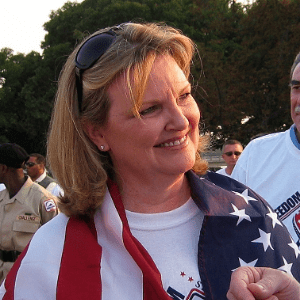
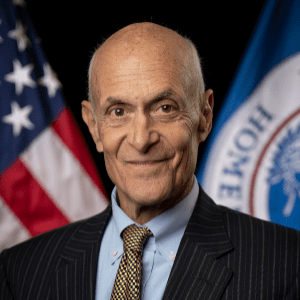










JOIN THE CONVERSATION